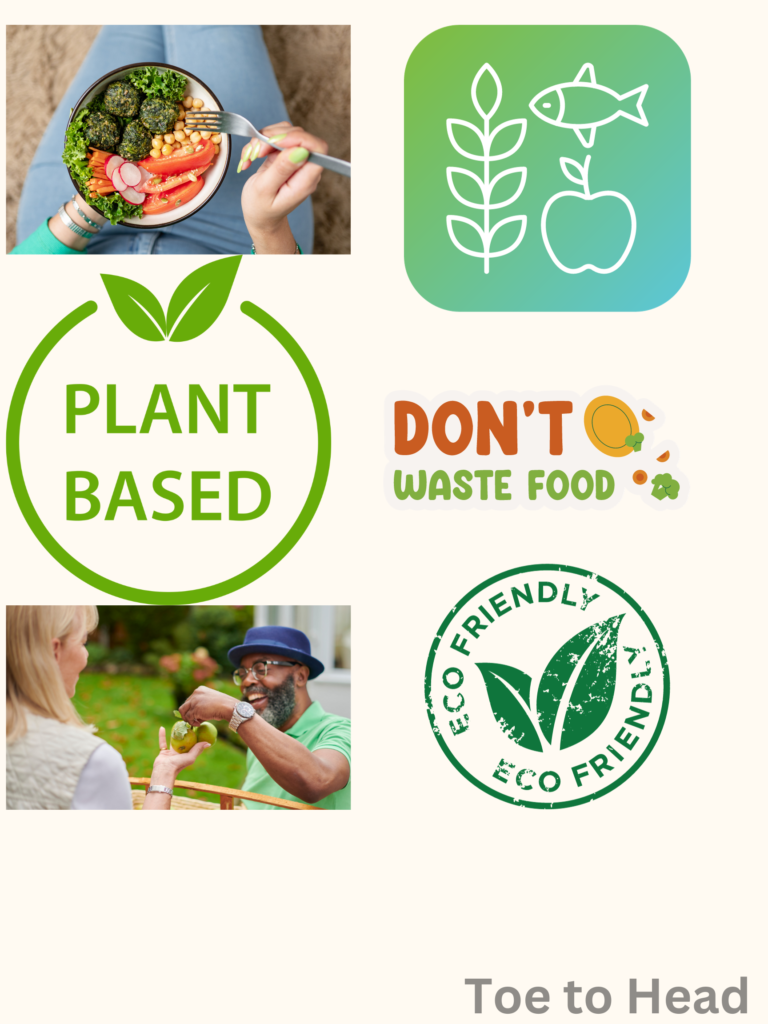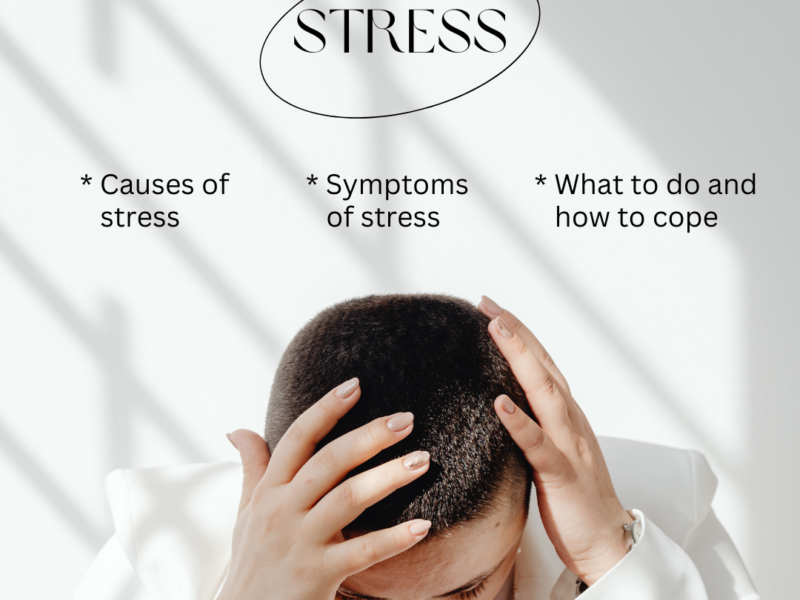The search for sustainable eating patterns is more important than ever in the dynamic field of nutrition. Sustainable nutrition strategies are changing the way we feed ourselves and the planet, and “The Future of Food: A Deep Dive into Sustainable Nutrition Strategies” takes you on a journey to discover these solutions. Here, we’ll dissect the meaning of sustainable nutrition, examine its fundamental techniques, and learn how these trends will affect the way we eat in the future.
The Urgency of Sustainable Nutrition
Sustainable nutrition is a ray of light in a world where environmental problems and the demand for responsible consumption are both on the rise. The environmental effects of our dietary decisions are taken into account as part of an all-encompassing approach to food. In order to leave a healthy planet for future generations, it is imperative that we immediately adopt sustainable nutrition habits.
Understanding Sustainable Nutrition
When we talk about sustainable nutrition, we’re thinking about the larger effects of food production and consumption on the planet, not just on human health. It entails picking options that are good for the environment, help local businesses, and reduce the amount of pollution caused by our food. By understanding the interdependence of our food choices, we can pave the road for a more sustainable and regenerative food system.
Key Strategies for Sustainable Nutrition

Embrace Plant-Based Eating
Transitioning toward a plant-based diet is a cornerstone of sustainable nutrition. The environmental impact of plant-based diets is typically lower than that of animal-based diets. You may create a colorful and nutrient-rich plate by trying new things like fruits, veggies, legumes, and whole grains.
Choose Locally Sourced Foods
Buying locally grown food helps sustain local farms, lessens the environmental impact of food transportation, and guarantees you’re getting the freshest ingredients possible. Visit farmers’ markets or subscribe to community-supported agriculture (CSA) programs to acquire locally grown, seasonal products.
Reduce Food Waste
Sustainable nutrition relies heavily on reducing food waste. Make a plan for what you will consume, how you will keep it, and how you will use leftovers. You can help create a more resilient food system and save money by reducing your waste.
Prioritize Sustainable Seafood
Those who eat fish can benefit marine ecosystems by selecting seafood that is caught and harvested in a sustainable manner. If you want to eat seafood that doesn’t harm the environment, look for labels from the Marine Stewardship Council (MSC).
Support Eco-Friendly Brands
Find companies whose manufacturing practices are friendly to the environment, and buy from them. These companies promote environmental responsibility in the food business through their packaging and sourcing policies.
The Impact on Your Well-being
Adopting a diet that is better for the earth also has a favorable effect on your health. Studies have found a correlation between plant-based diets and better health outcomes, including a lower risk of chronic disease, more energy, and an overall sense of well-being. Making deliberate decisions is an investment in your future self and your present well-being.
Conclusion: Navigating the Path Forward
“The Future of Food: A Deep Dive into Sustainable Nutrition Strategies” is a call to action, urging us to reconsider the way we approach food. As we navigate the path forward, let’s embrace the power of our choices and recognize the profound impact they can have on our health and the health of the planet. By adopting sustainable nutrition strategies today, we pave the way for a future where food is not only nourishing but also in harmony with the world we call home. Join the movement toward a more sustainable future—one meal at a time.



